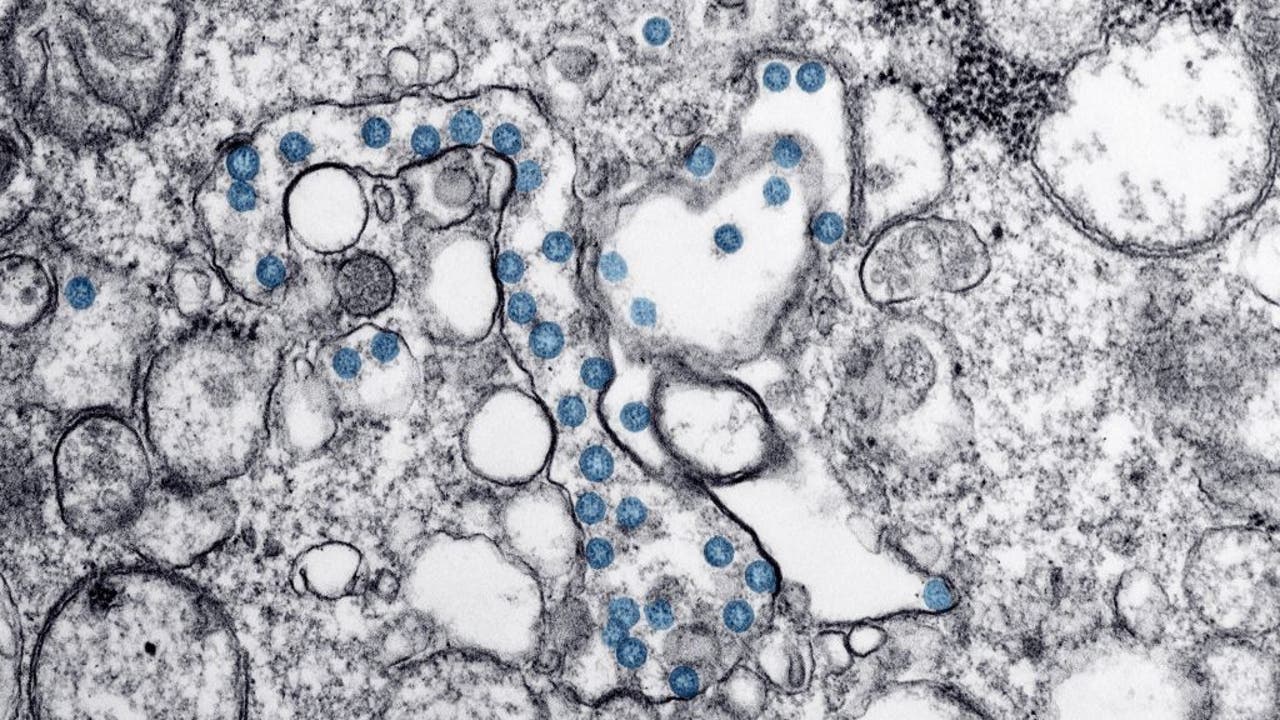New research suggests that COVID-19 may cause persistent damage to the heart
Two studies published on July 27 in JAMA Cardiology looked at how COVID-19 can impact the heart.
LOS ANGELES – In a study published in September, researchers at Ohio State University found that of more than two dozen university athletes who tested positive for COVID-19, 30% had cell damage to the heart and 15% showed signs of cardiac inflammation caused by disease known as myocarditis.
After mapping the hearts of 26 Ohio State University athletes using a process known as cardiac magnetic resonance imaging (CMR), the researchers found that not only 15% of students exhibited the rare cardiac condition, but 30% had cell damage.
“Cardiac magnetic resonance imaging has the potential to identify a high-risk cohort for adverse outcomes and can, in an important way, stratify the risk of athletes for safe participation,” wrote the study authors. “Recent studies have raised concerns about myocardial inflammation after recovery from coronavirus 2019 (COVID-19), even in asymptomatic or mildly symptomatic patients.”
According to the researchers, “myocarditis is a significant cause of sudden cardiac death in competitive athletes”.
According to the Mayo Clinic, myocarditis is usually caused by a viral infection with symptoms ranging from chest pain, fatigue, shortness of breath, to a negative impact on heart rate and rhythm, as seen in conditions such as arrhythmias.
The United States Centers for Disease Control and Prevention tweeted on September 17: “Heart conditions like myocarditis are associated with some cases of #COVID-19. Serious heart damage is rare, but it has occurred even in young, healthy people. “
Medical experts have already warned the public about the links between the new coronavirus and damage to the heart, especially in young people.
The National Heart, Lung and Blood Institute of the National Institutes of Health explained that, although COVID-19 has a more common impact on the lungs as a respiratory disease, lung damage can lead to serious cardiac complications.
Because the heart needs oxygen to function properly, COVID-19 can damage the lungs, preventing enough oxygen from reaching the heart muscle and further restricting oxygen from reaching other important tissues in the body.
A separate report by a group of American doctors published in the medical journal JACC warned of the potential for heart damage in children due to the new coronavirus.
The report detailed the case of a 2-month-old child diagnosed with COVID-19 who suffered a myocardial injury, as well as a type of heart failure most commonly seen in adults.
“Most children with Covid-19 are asymptomatic or have mild symptoms, but our case shows the potential for reversible myocardial (heart) injury in babies,” said Dr. Madhu Sharma, the report’s lead author.
In a press release published on December 2, the group of doctors said the child recovered with normal cardiac function and ended up being discharged without heart failure medications.
“The presentation and clinical course of this patient reflect four case reports of acute myocardial injury reported in adult patients with COVID-19,” said Sharma.
Another study published on June 25 in the journal Cell Reports Medicine found that COVID-19 is also known to instigate inflammatory responses in the body that can negatively affect heart and brain function.
According to the study, the researchers noted that SARS-CoV-2 infected cells in the human heart that were grown from stem cells in a laboratory. Within 72 hours of infection, the virus was able to spread and replicate, killing heart cells.
The researchers raised the particularly alarming possibility that if COVID-19 can infect heart cells in a laboratory, it can infect these specific organs, leading to the need for a “heart-specific antiviral drug screening program”.
